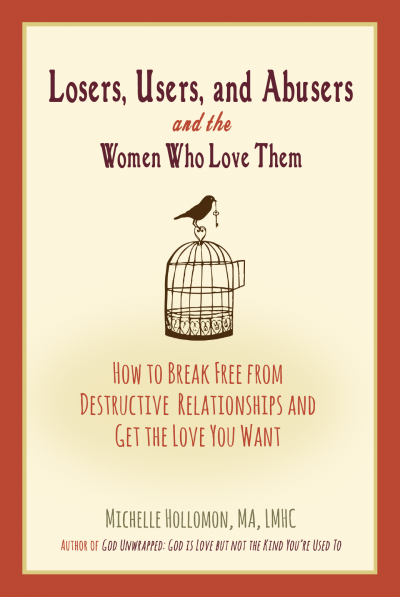Hello to all! I wanted to reach out and give my warmest well wishes to you all at this time, and a offer a few ways to help you cope through a trying time.
As you know, most people are sheltering in place right now due to the COVID 19 outbreak, and there are some inherent stressors that I’ve been seeing out there: 1) Relationships that were having difficulty before shelter in place may be struggling to keep the peace now that they are constantly around each other, 2) Folks with a predisposition toward anxiety now have 13 more things to worry about with the lock down, work from home, school shut down, and risk of sickness, risk of losing employment, 3) Those who lean toward depression are experiencing more isolation from supportive systems and people who help them cope, 4) The uncertainty of the future and inability to plan is just plain stressful, and 5) those in essential roles are taxed beyond usual limits.
That’s the bad news. And the bad news is really difficult to deal with on a continuous basis. I hear it in my clients’ voices- this is extremely difficult time.
But there’s also some good news, and that’s why I’m writing you today.
The Good News is that you have the power to help things get better. Here are some things to keep your chin up, your shoulders relaxed, and your mental health in check.
Focus on What is In Your Control: there is a lot going on right now that you can’t control. Worrying about worst case scenarios and “what ifs” will only make your anxiety spike and make you feel helpless. However, doing the things that you actually have control over will make you feel good.
Accomplish Small Tasks: You may not be able to change the big things, but you can change the small things and those things can add up and make a big difference. I washed the inside of my windows today… that may not happen again until the next pandemic.
Make a Routine: Remember when you were going to work and the gym and the school and church? Well, you may not be going to those places right now, but you can still incorporate the practices at home. In fact making and staying with a routine helps you feel more in control of your life, and less stressed and depressed.
Limit Depressing and Worrisome Thinking: yes, you’re going to have unhelpful thoughts that cause stress and gloom, but recognizing them and limiting them is in your control. We may not be able to stop anxious and depressing thoughts and feelings, but we can mitigate them and turn them around. The brain is a muscle, and the more we practice helpful thinking, the more automatic it becomes. The more we limit the negative, and focus on the good, the better at it we get.
Reach Out: Maybe you have a million video conferences a day, or maybe you don’t see a single person. Whatever your current situation, you need to reach out to others in an authentic and vulnerable way. Telling a trusted person how you really feel, and what’s really going on with you will help you to feel “more normal” in a very un-normal season. When you connect vulnerably with another person, you are able to regulate those pesky emotions that keep going up and down. Connecting with another person in a meaningful way helps you to feel validated and steady again.
Help Someone Out: Often depression and anxiety make us very inward focused, unable to see other people and their needs. This week, I’ve witnessed people hand sew extra face masks, deliver food to homeless shelters, call to check on their elderly neighbors, and make phone calls to distant relatives they never had time to do before. Looking for ways to help others can boost your own happiness, help you to feel valuable and connected to a great purpose, and keep you busy. All good things that make you feel good.
Keep a Healthy Sense of Humor: If you have occasion to laugh, do it. There are certainly terrible, tragic and traumatic things that we can’t laugh at. But there are also things that we can sing about, laugh at, and tell others about it too. Looking for humorous things can help us take ourselves and our situations less seriously. Laughing can help our physical and emotional state reset itself, and return us to ourselves. What we are facing may not be funny at all, but we can find joy in the small things.
On that note, I want to share a picture with you. Today I was filing in my office, and Tucker, my little guy jumped up into my therapy chair. I think he makes a pretty good therapist, don’t you? 🙂 I can’t tell if he thinks he is getting away with something, or he is daring me to make him get down! 🙂

By the way, I moved to tele-health only for at least the next month, and am licensed to see anyone in the state of Washington by video conferencing.
Warmest blessings to you and your loved ones as you cope through these current difficult times.











